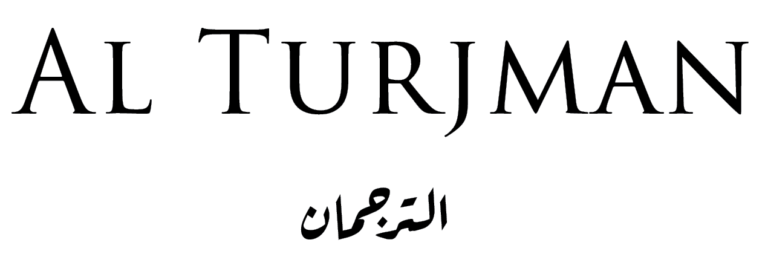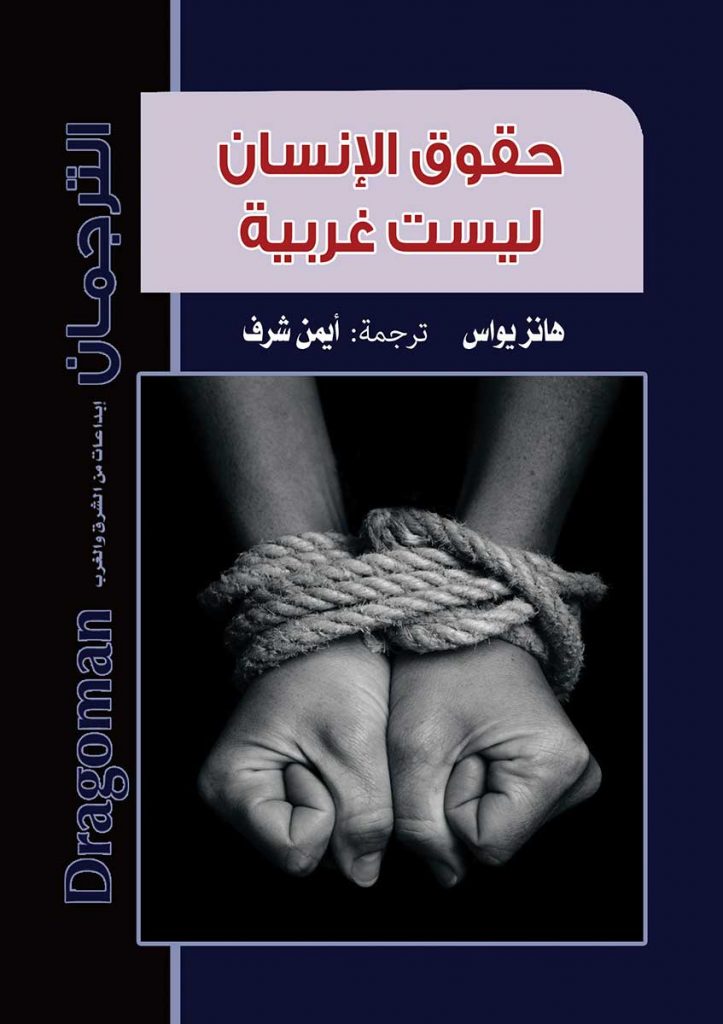By Hans Joas
If the idea of human rights is typical of Western culture, how did it come that slavery and torture have permeated most of European history?
Supporters and opponents of human rights often use the argument that these can only be understood against a certain background, namely that of the “West”. This view is already stretched to its limits if the history of the Universal Declaration of Human Rights of 1948 is taken seriously.
What’s more, it is certain that in non-western religious traditions there is an ethos that human rights can link up with. But if human rights are not only “Western”, how important are they then for the West?
In his ‘Are Human Rights Western?’, an essay that is both trenchantly expressed and accessible, Hans Joas focuses, rightly, on the Eighteenth Century and its successors. For sociologists and social philosophers, the history of human rights in the modern world is closely bound up with the history of torture and slavery – and with the process Joas refers to as the ‘sacralisation of the individual’. He describes this sacralisation of the individual as a historical change in the course of which ‘every single human being is understood incrementally… to be sacred’, whereby the sacred is thought of as not just religious, but as including secular values as well. As in his earlier, comprehensive study of 2011, The Sacredness of the Person: A New Genealogy of Human Rights, Joas points out that the emergence of human rights is a cultural process, as well as a legal one, and that it did not always develop in a unified way. He also responds to criticisms and arrives at the conclusion that the first signs of the sacredness of the individual can be found as early as the Axial Age (800-200 BC), as well as in India or China.
Hans Joas, (born 1948), is a German sociologist and social theorist. He is Ernst Troeltsch Professor for the Sociology of Religion at the Humboldt University of Berlin. From 2011 until 2014 he was a Permanent Fellow at the Freiburg Institute for Advanced Studies (FRIAS); from 2002 until 2011 he was the Director of the Max Weber Centre for Advanced Cultural and Social Studies at the University of Erfurt. Since 2000 he has also been Visiting Professor of Sociology and Social Thought and a Member of the Committee on Social Thought at the University of Chicago. Hans Joas is Ordinary Member of the Berlin-Brandenburgische Akademie der Wissenschaften.


